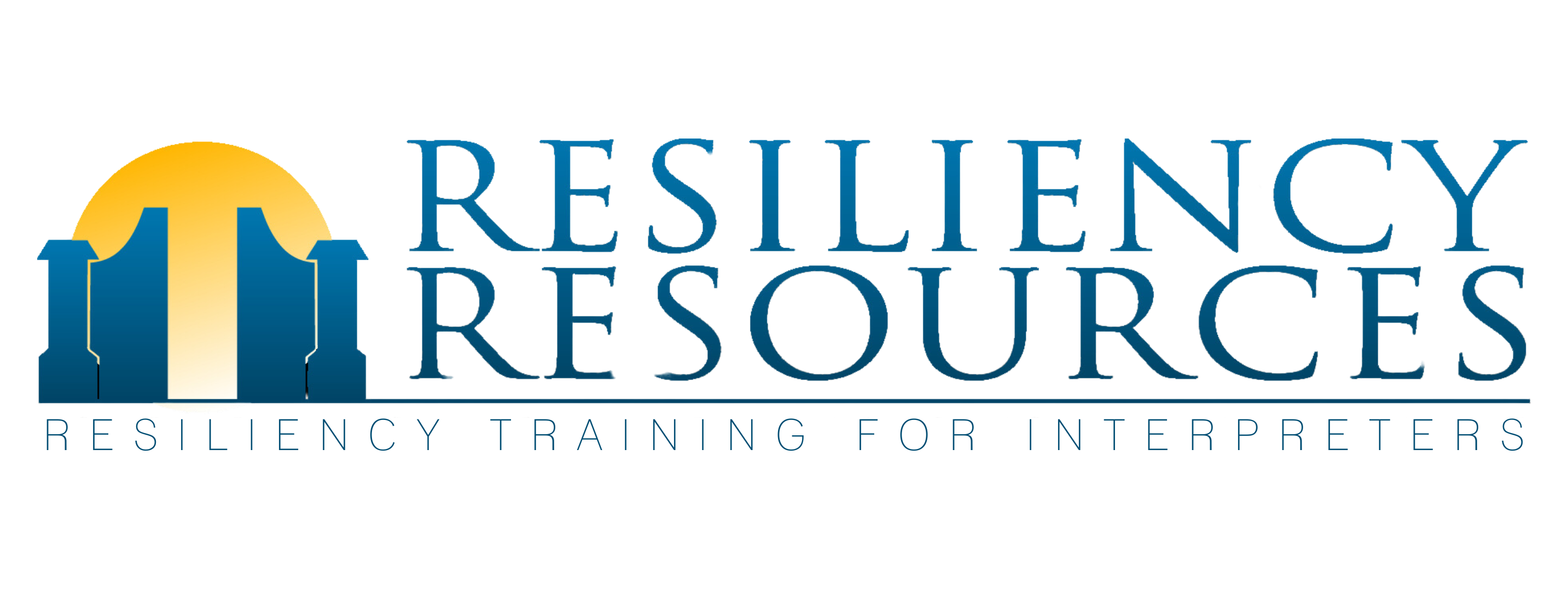One of the most significant stressors interpreters face is the emotional weight of the situations they encounter. Whether they are interpreting a medical appointment, a courtroom proceeding, or a deeply personal conversation, they often find themselves in emotionally charged environments. This immersion in others’ experiences can lead to emotional exhaustion if not managed carefully. Interpreters must regularly process complex emotions while maintaining impartiality, a task that requires immense emotional resilience and self-awareness.
Confidentiality is another critical concern in the interpreting profession. Interpreters are privy to sensitive information that, if mishandled, can have serious repercussions for the individuals involved. The pressure to uphold confidentiality while remaining professional can lead to anxiety, particularly when navigating environments with fluctuating privacy standards. The knowledge that a breach could not only harm personal relationships but also undermine trust can weigh heavily on an interpreter’s conscience.
Additionally, the physical demands of the job contribute to interpreter stress. The act of interpreting is not merely a mental exercise; it requires physical stamina and dexterity. Long hours spent on one’s feet, coupled with the need for acute focus and precise hand movements, can lead to fatigue and strain. Interpreters often report issues such as musculoskeletal discomfort due to repetitive motions and the wear and tear on their bodies from prolonged interpreting sessions.
To combat these stresses and prevent burnout, interpreters can adopt a range of coping strategies. Practicing self-care is crucial; this can involve regular breaks, engaging in physical fitness, and ensuring sufficient rest. Developing a strong support network of colleagues and friends provides an outlet for sharing experiences and exchanging advice. Continuing education and professional development can also empower interpreters, equipping them with new techniques and fresh perspectives to manage the challenges they face.
Mindfulness practices, such as meditation and breathing exercises, can help interpreters center themselves after intense sessions. By creating mental boundaries, they can decompress from the emotional labor of their work and foster a sense of balance. Additionally, setting clear professional boundaries with clients can help protect interpreters from becoming overly involved in the emotional situations they interpret.
Ultimately, while the challenges faced by sign language interpreters are multifaceted, proactive strategies focused on mental and physical health can pave the way for a sustainable and fulfilling career. By recognizing the stressors inherent in their profession and emphasizing self-care, interpreters can continue to provide invaluable services while nurturing their well-being.
